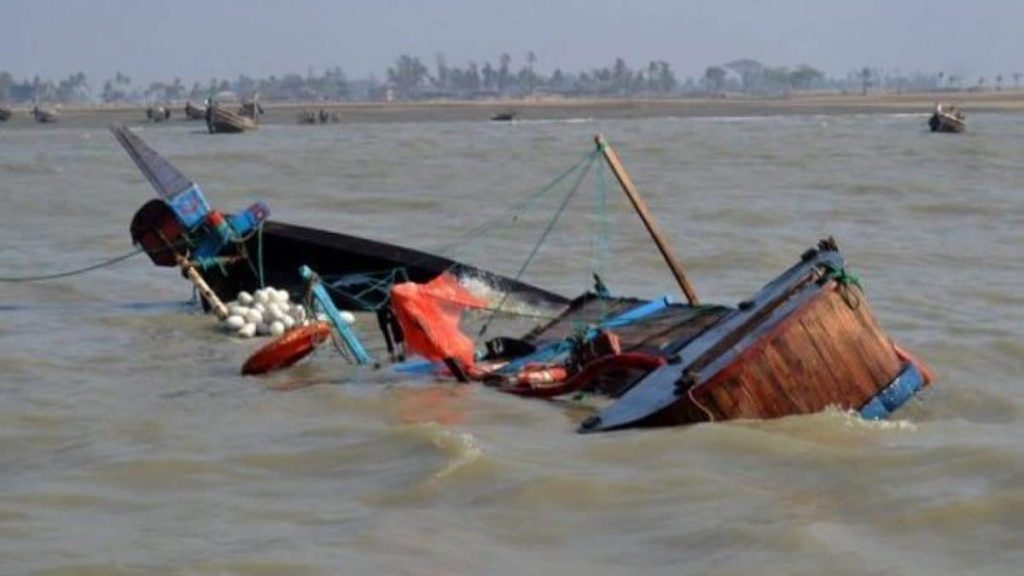The Nigerian Safety Investigation Bureau (NSIB) has called on state governments to make the use of life jackets compulsory for all boat passengers as part of a broader effort to curb avoidable deaths on the nation’s waterways.
This appeal was made by the NSIB Director of Transport Investigation, Mr. Abdullahi Babanya, in an interview while highlighting the Bureau’s expanded mandate to investigate transport incidents beyond aviation — including marine, rail, and road accidents.
Babanya described as alarming the frequency of deadly boat mishaps, citing a recent tragedy in Shiroro, Niger State, where a boat carrying 39 passengers capsized, leaving 13 dead. He revealed that only seven of the passengers wore life jackets — and all seven survived.
“This clearly shows the life-saving importance of life jackets,” Babanya said. “It is a simple but crucial measure. If all passengers had used life vests, most of those deaths would have been prevented.”
Babanya stated that NSIB immediately dispatched a team from Abuja to Shiroro after learning about the accident through social and mainstream media.
The team gathered preliminary data, now being analyzed for a formal report and safety recommendations.
Following the signing of the NSIB Establishment Act of 2022, the Bureau’s mandate now includes investigation of road, rail, and marine transport accidents.
Babanya said the Bureau has begun training new investigators, installing traffic data recorders, and expanding its laboratories — including a new materials science lab — to support this wider scope of operations.
“We have also recruited new staff, many of whom will resume by September. Training has been structured to equip them with the skills needed for independent and thorough investigations across all transport modes,” he said.
Speaking on safety issues within Nigeria’s rail sector, Babanya decried security lapses, theft of infrastructure like rail clips and sleepers, and the absence of protective fencing across thousands of kilometers of tracks.
“There’s a very thin line between safety and security,” he noted. “In countries where the rail system is secured, such problems are rare. Here, animals and people wander onto the tracks, and thieves vandalize public infrastructure. This must be addressed with improved surveillance and protection.”
He explained that under the old system, the Nigerian Railway Corporation (NRC) operated, regulated, and investigated rail incidents — a model prone to conflicts of interest.
“Now, NSIB brings independent oversight. When incidents occur, the NRC must notify NSIB for impartial investigations,” he added.
Babanya also responded to questions on recent concerns in the aviation sector. He emphasized the distinct roles of the Nigeria Civil Aviation Authority (NCAA) as the regulator, and the NSIB as an independent investigator.
“When an incident occurs, NSIB investigates and makes safety recommendations. Through collaboration with NCAA, we monitor compliance,” he said.
“Sometimes, despite our recommendations, there are implementation gaps. But we continue follow-ups and system-wide audits to reduce risk.
As transportation fatalities continue to make headlines, the NSIB urged all stakeholders — from state governments to transport operators — to play active roles in implementing safety measures, including public sensitization and regulatory enforcement.
“Whether on land, water, rail, or air, safety must be everyone’s priority. The difference between life and death could be as simple as wearing a life jacket,” Babanya said.
He reiterated that the NSIB would continue pushing for reforms and building the capacity to make Nigeria’s transport systems safer and more accountable.
Do you want to share a story with us? Do you want to advertise with us? Do you need publicity for a product, service, or event? Contact us on WhatsApp +2348183319097 Email: platformtimes@gmail.com
We are committed to impactful investigative journalism for human interest and social justice. Your donation will help us tell more stories. Kindly donate any amount HERE




